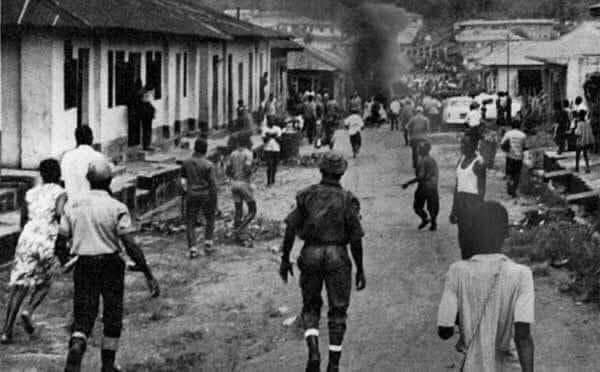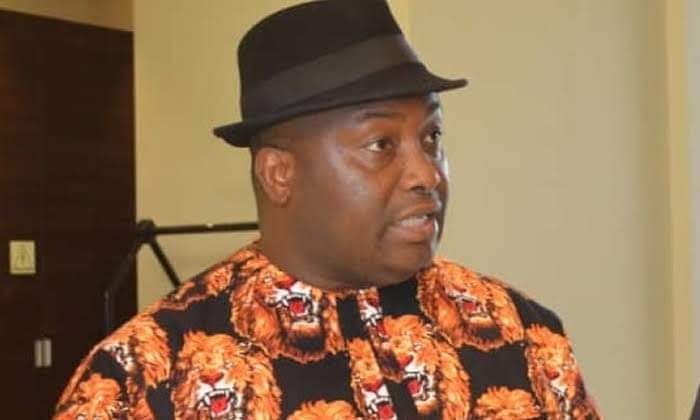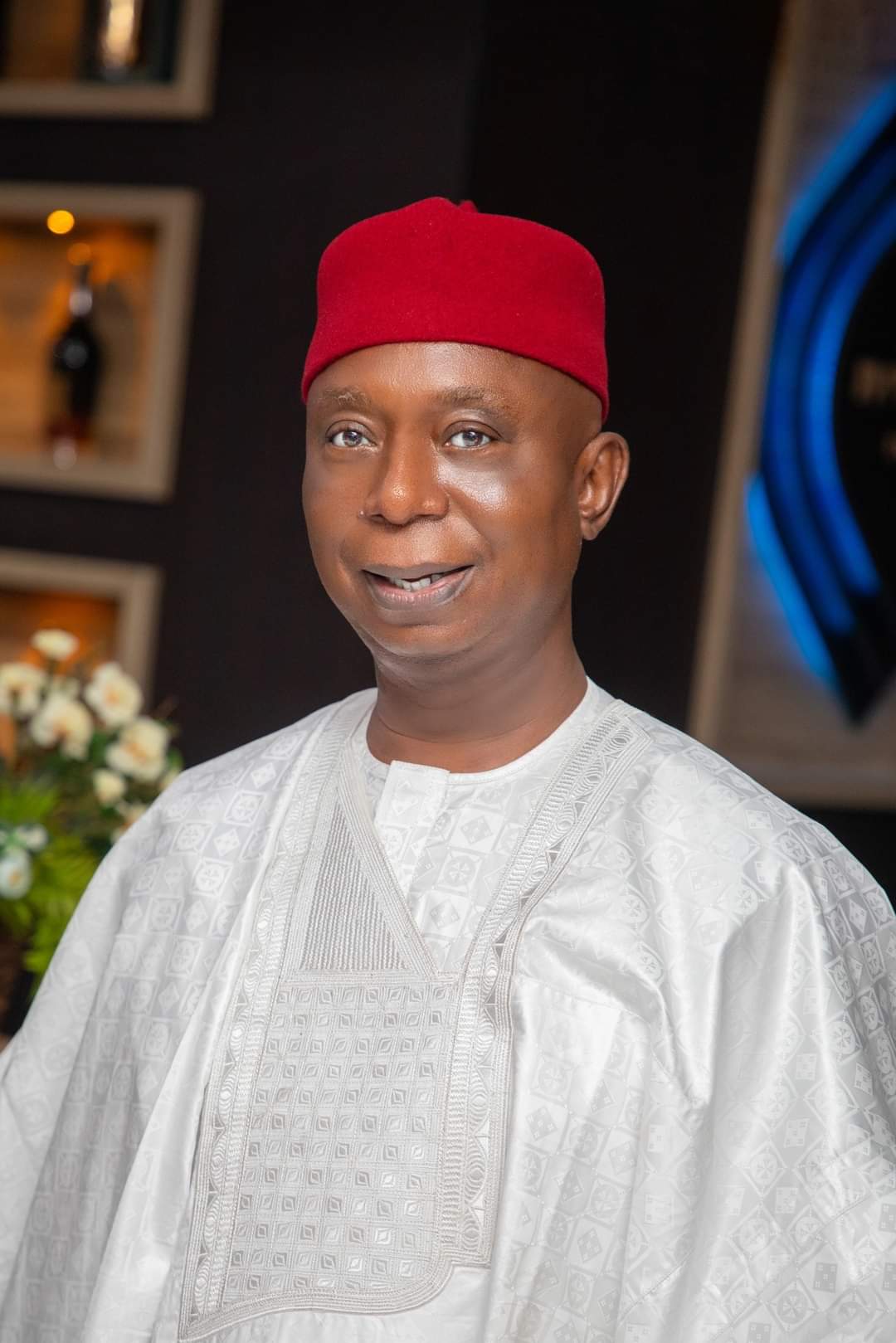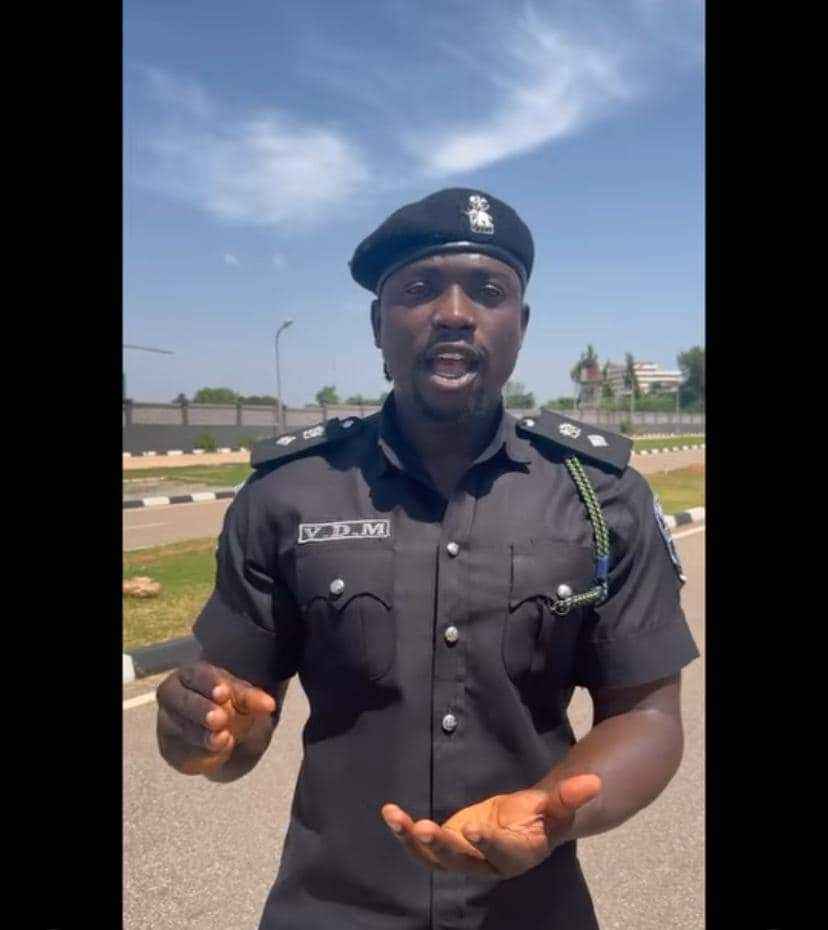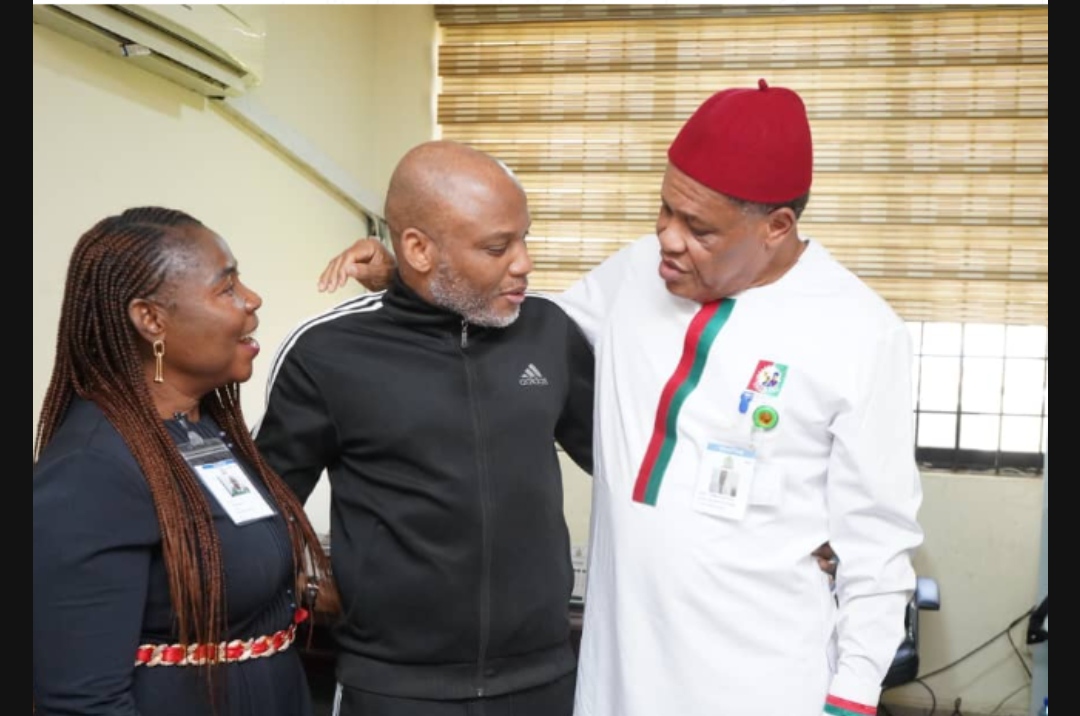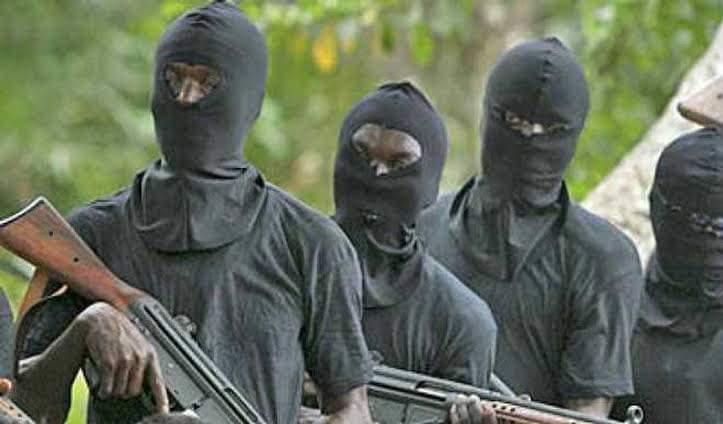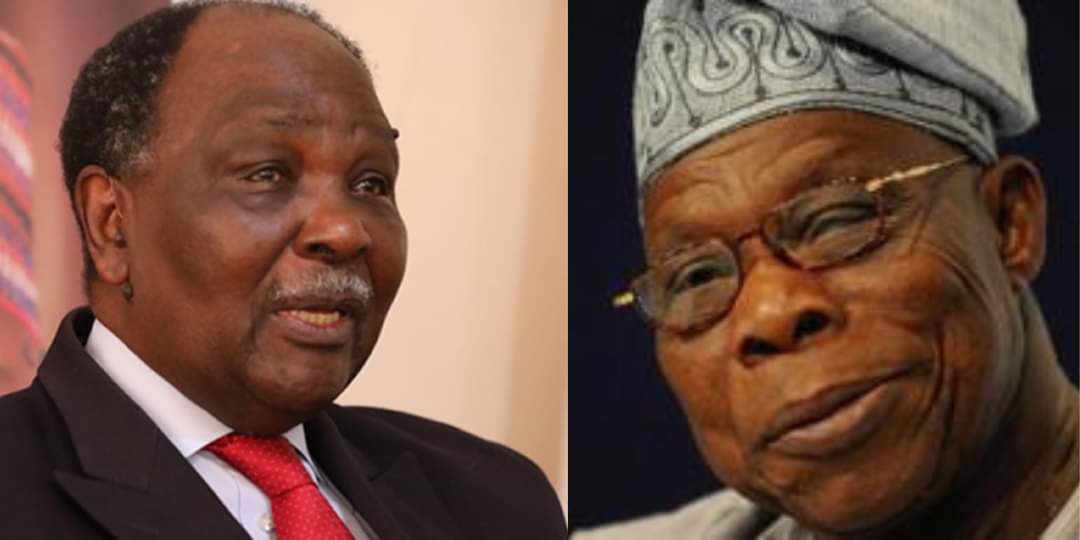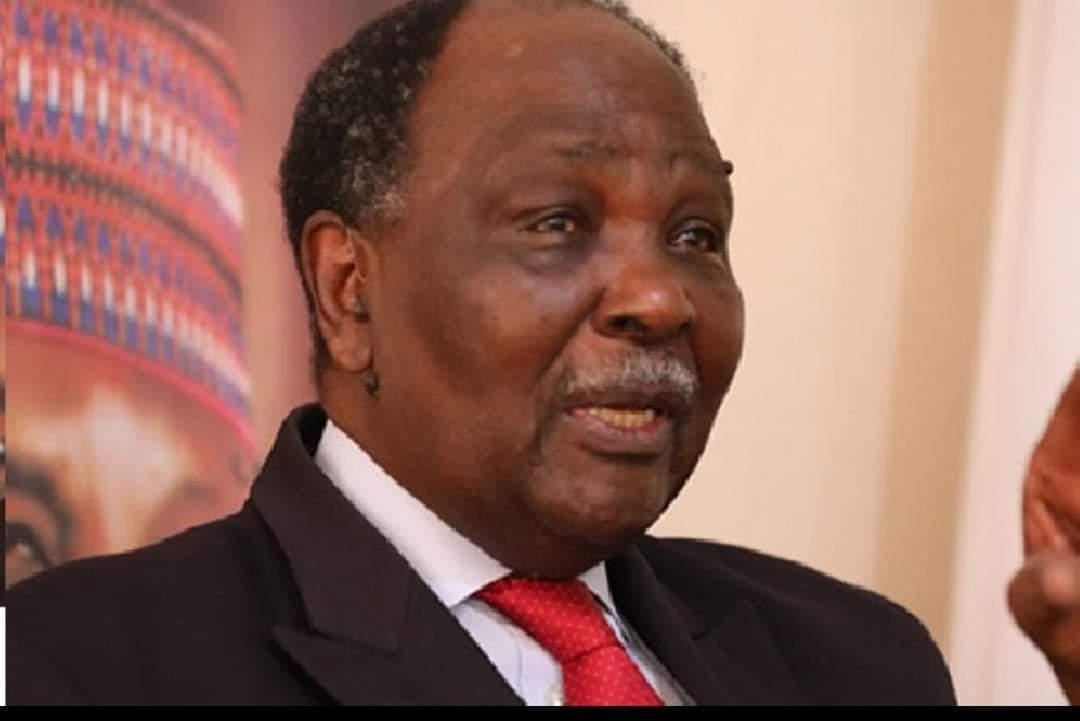Anti-Igbo sentiment, often referred to as Igbophobia, represents a spectrum of negative attitudes and feelings directed towards the Igbo people. The Igbo are predominantly from the southeastern region of Nigeria, with significant populations in parts of the South-South, Benue, and Kogi states. This prejudice manifests in various forms, including political and religious discrimination, as well as acts of violence against the Igbo community.
Pre-Civil War Sentiments
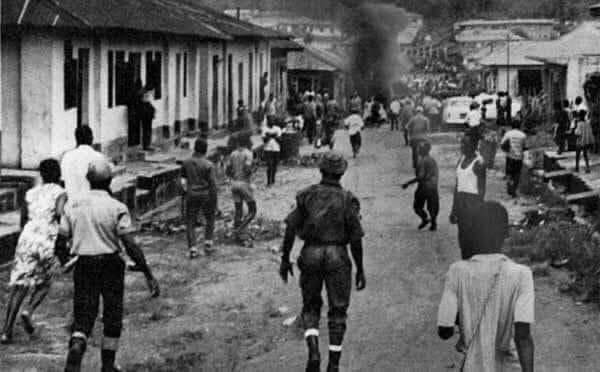
In the early years following Nigeria’s independence, the Igbo people were increasingly viewed as a favoured ethnic group due to their significant presence in the public sector and colonial administration. Their perceived affluence and opportunities across various regions of Nigeria sparked resentment among other ethnic groups.
This growing tension was further exacerbated during the short-lived government of General Johnson Aguiyi-Ironsi, an Igbo military leader whose junta predominantly comprised Igbo officers. His decision to abolish Nigeria’s federated regions heightened ethnic tensions, leading to his assassination in a counter-coup orchestrated by Northern military officers. This event triggered a series of violent pogroms against the Igbo in the Northern region, resulting in the massacre of thousands and forcing millions to flee back to their homeland in Eastern Nigeria. These events set the stage for the declaration of the Republic of Biafra in 1967, ultimately leading to the Biafran War.
The 1966 Anti-Igbo Pogrom
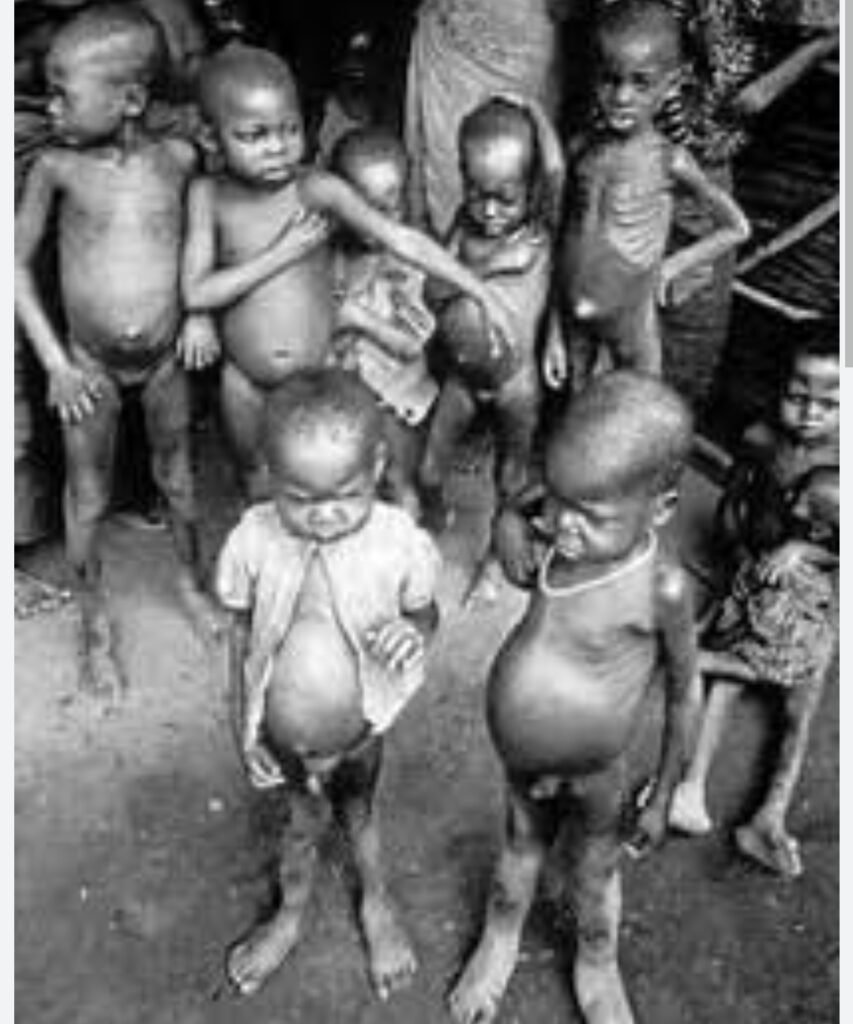
The 1966 anti-Igbo pogrom was a series of brutal massacres targeting Igbo and other Southern Nigerians residing in Northern Nigeria. Beginning in May 1966 and escalating after 29 September 1966, the violence led to the murder of between 1,000,000 to 1,200,000 Igbo civilians. This violence was perpetrated by Hausa-Fulani soldiers and civilians, who sought retribution for the January 1966 coup, executed by military officers from Southern Nigeria, which resulted in the deaths of several key Northern and Western leaders. The pogroms were a catalyst for the Nigerian counter-coup and the subsequent secession of Eastern Nigeria, leading to the declaration of Biafra and the ensuing civil war.
Some scholars have described these massacres as a holocaust, while others have debated whether they should be categorized as riots, pogroms, or genocide. It is important to note that the mistrust towards the Igbo by the Hausa-Fulani and Yoruba was deeply rooted in the January 1966 coup. The coup, led by Igbo military officers such as Chukwuma Kaduna Nzeogwu and Emmanuel Ifeajuna, resulted in the assassination of several prominent Northern and Western leaders, further fueling ethnic tensions.
The Nigerian Civil War and Beyond
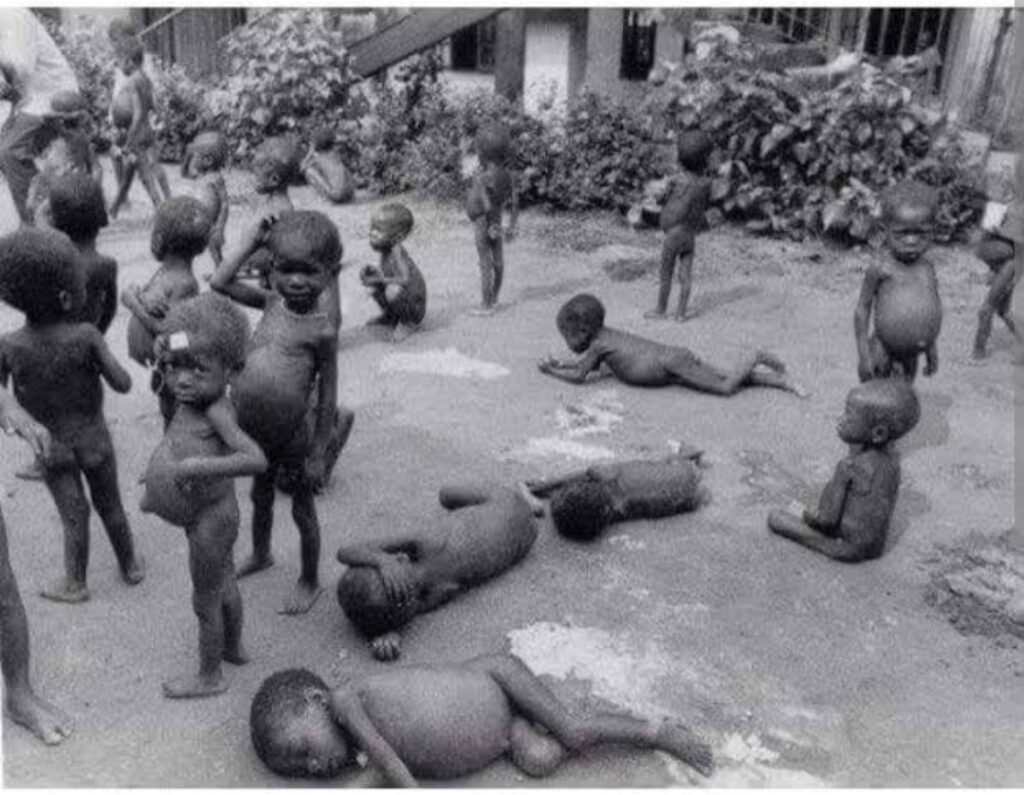
The Nigerian Civil War, also known as the Biafran War, was a direct outcome of these escalating tensions. Lasting from 1967 to 1970, the war ended with the defeat of Biafra and the reintegration of the Eastern region into Nigeria. However, the war left a legacy of deep-seated bitterness and resentment, particularly towards the Igbo people, which continues to impact ethnic relations in Nigeria today.
Anti-Igbo Sentiment Outside Nigeria
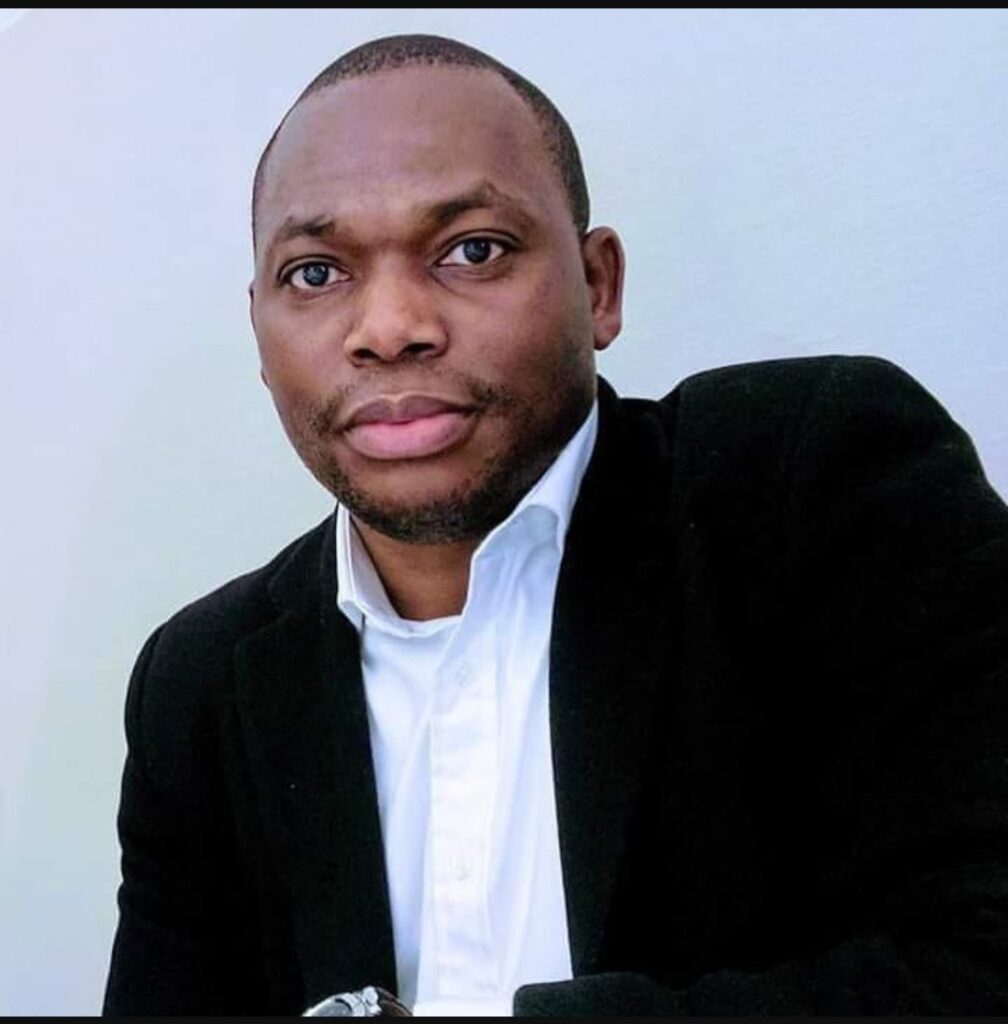
Anti-Igbo sentiment is not confined to Nigeria alone. In August 2019, a Yoruba secessionist living in the United Kingdom was arrested by British authorities for making YouTube videos containing violent hate speech against the Igbo people. He was later sentenced to prison in April 2022, highlighting the international dimensions of Igbophobia.
Contemporary Anti-Igbo Sentiments
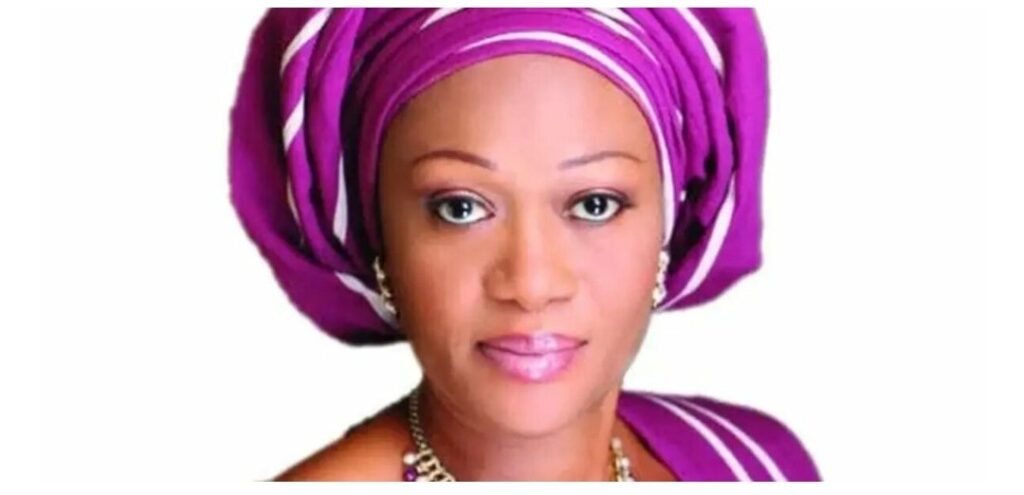
In recent years, anti-Igbo sentiment has resurfaced in various forms, particularly during political movements and elections. For instance, during the #EndSARS protests, a movement primarily aimed at ending police brutality in Nigeria, some individuals used the opportunity to spread anti-Igbo rhetoric. This sentiment was further amplified during the 2023 Nigerian general and gubernatorial elections, where anti-Igbo narratives were used as political tools.
Anti-Igbo Sentiments in Nigerian Elections
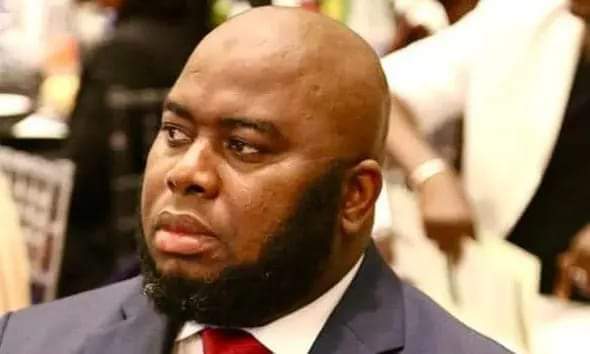
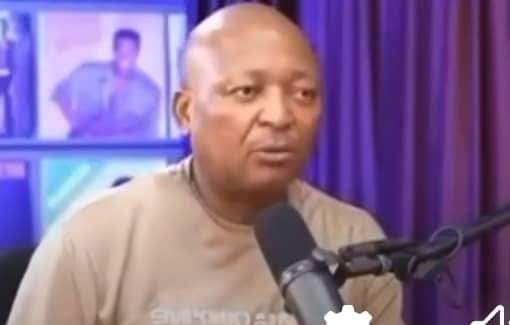
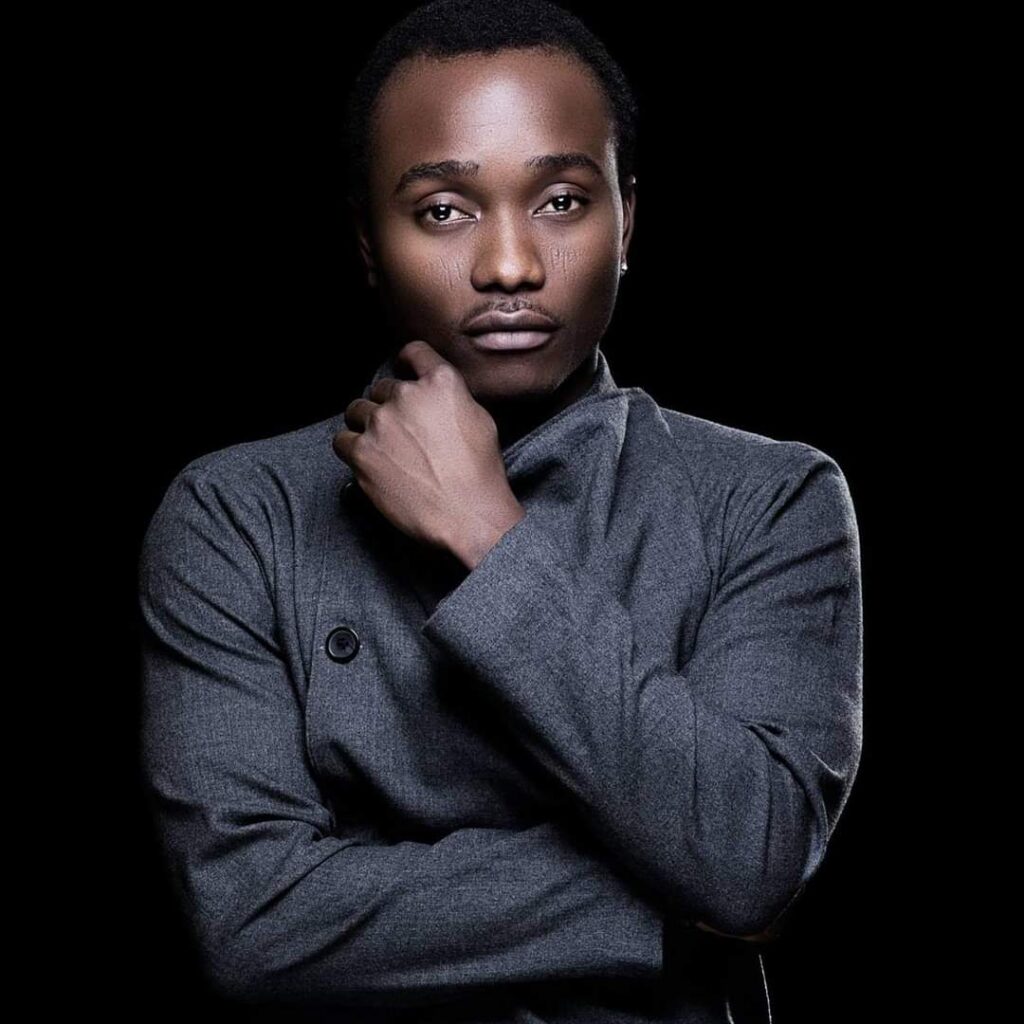
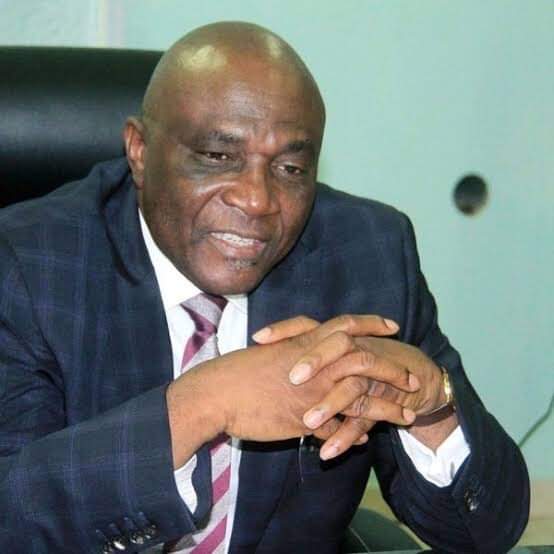
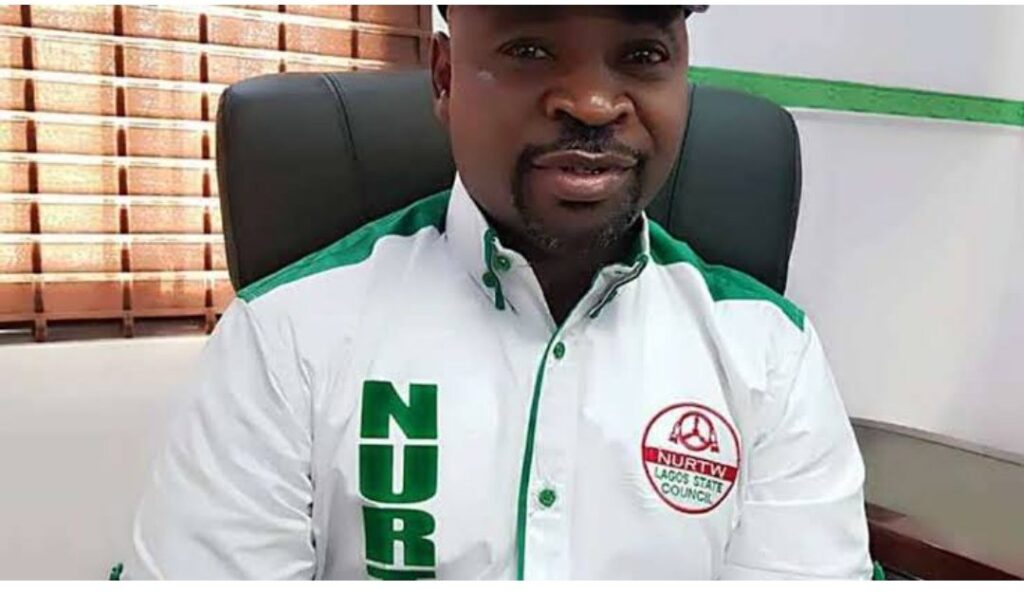
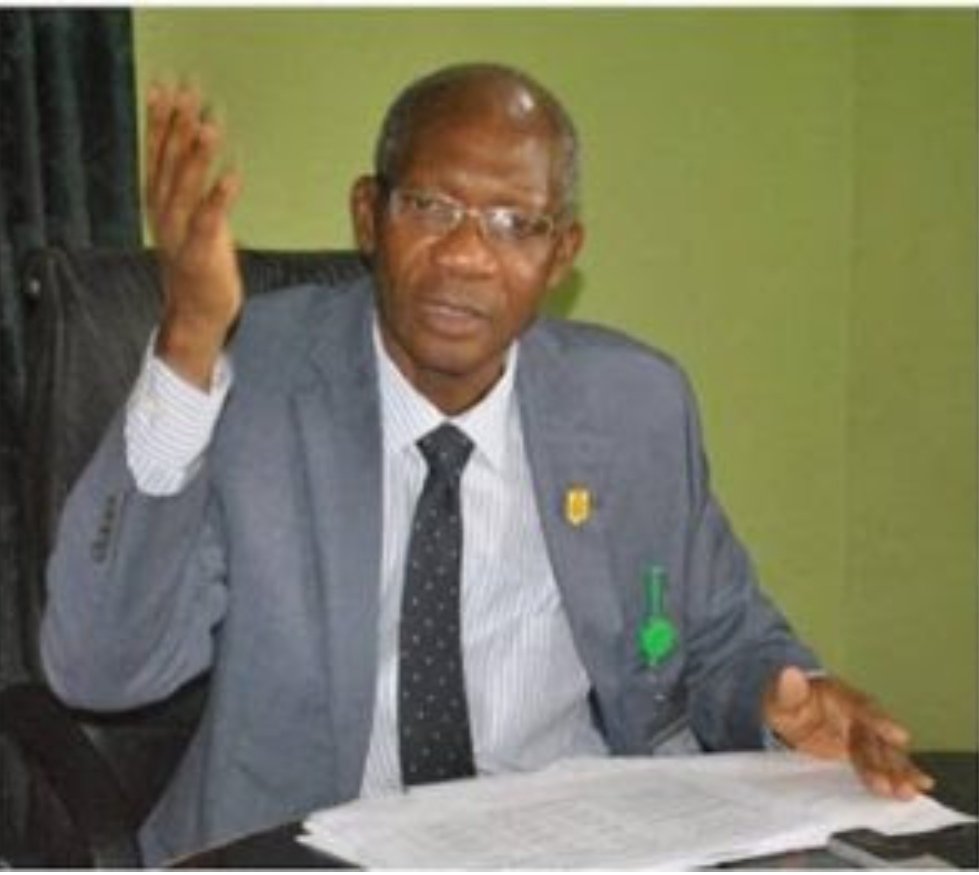
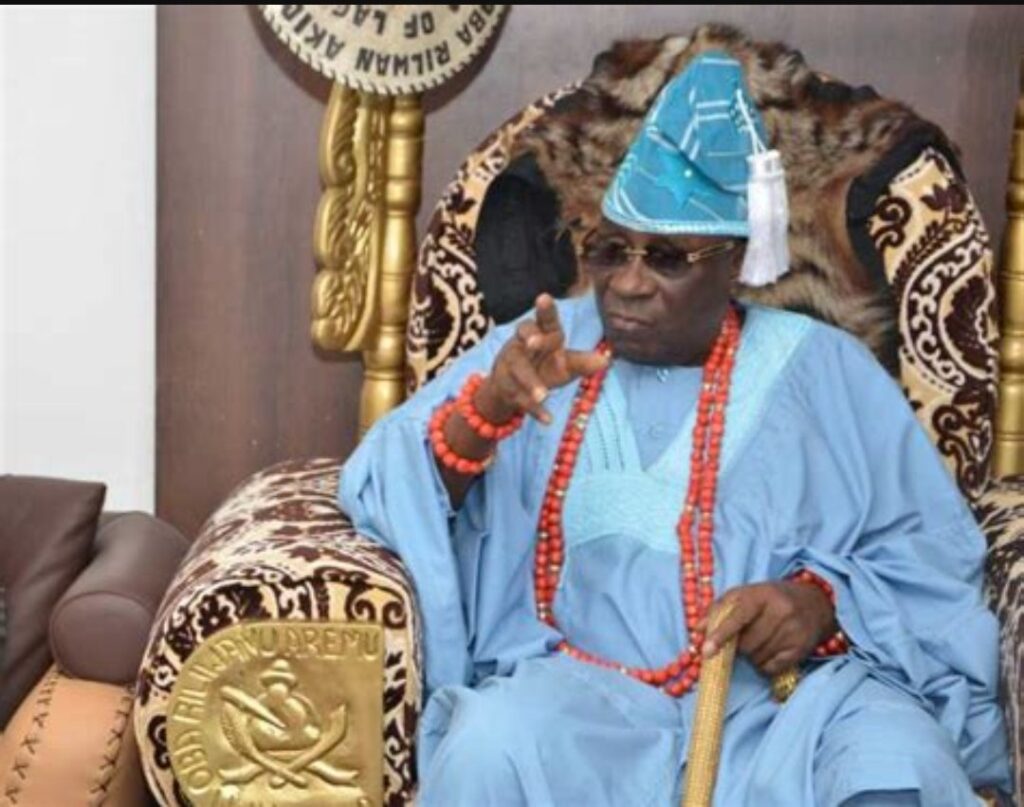
The use of anti-Igbo sentiment as a political strategy is not new. During the 2015 gubernatorial elections, the Oba of Lagos, Rilwan Akiolu, made a controversial statement threatening that Igbo people would “perish in the river” if they did not vote for his preferred candidate, Akinwunmi Ambode. Similar sentiments were echoed during the 2019 elections, where Senator Oluremi Tinubu, wife of Bola Ahmed Tinubu, invoked anti-Igbo rhetoric, further deepening ethnic divides.
In the 2023 elections, anti-Igbo sentiments reached a peak, with widespread discrimination and violence against Igbo people, particularly in Lagos. The emergence of Peter Obi as the Labour Party candidate also fueled Igbophobic sentiments, with accusations that his candidacy was an attempt by the Igbo to dominate Nigeria politically. These sentiments were exacerbated by inflammatory comments from public figures, such as the musician Brymo, who made derogatory remarks about the Igbo, sparking outrage and further division.
The Aftermath of the 2023 Elections
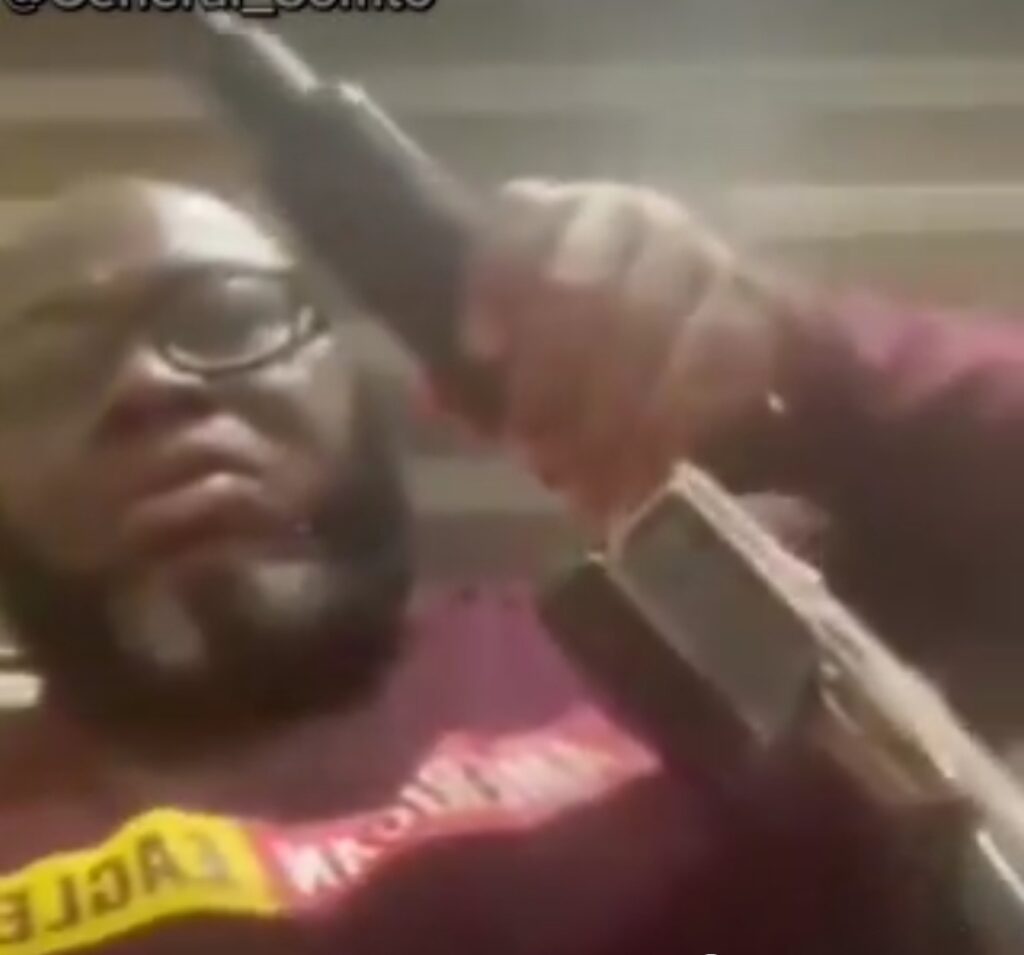
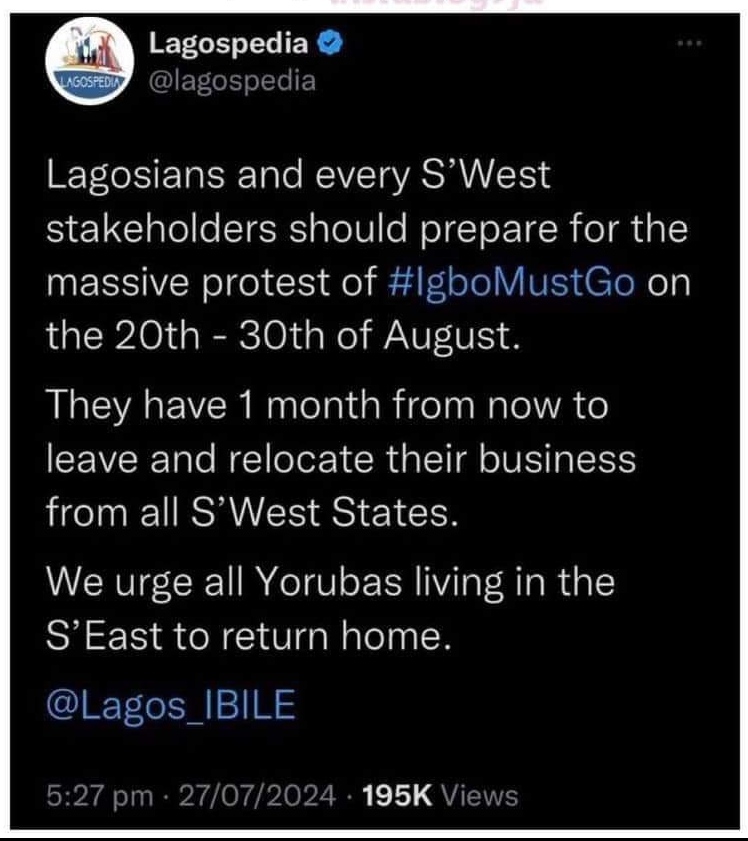
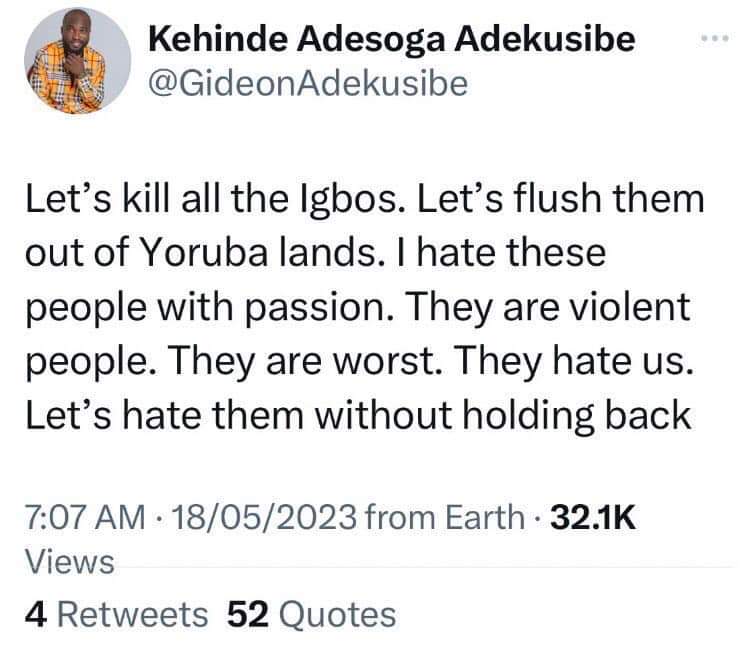
The aftermath of the 2023 elections has left a significant impact on ethnic relations in Nigeria, particularly between the Igbo and other ethnic groups. The persistent use of anti-Igbo rhetoric and the violence directed at the Igbo community have deepened existing divisions, raising concerns about the future of national unity in Nigeria.
Conclusion
Anti-Igbo sentiment, both historical and contemporary, remains a pervasive issue in Nigeria and beyond. The roots of this sentiment are deeply intertwined with Nigeria’s complex history of ethnic relations, political power struggles, and social dynamics. Addressing this issue requires a comprehensive understanding of its historical context and a concerted effort to promote inclusivity, tolerance, and mutual respect among Nigeria’s diverse ethnic groups.

